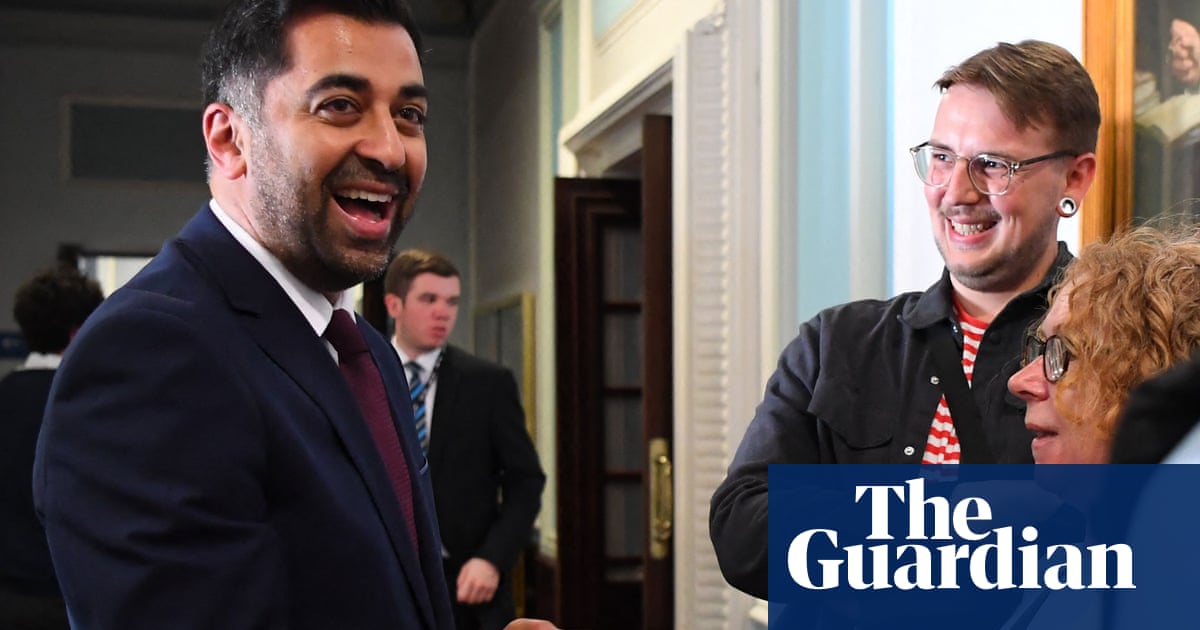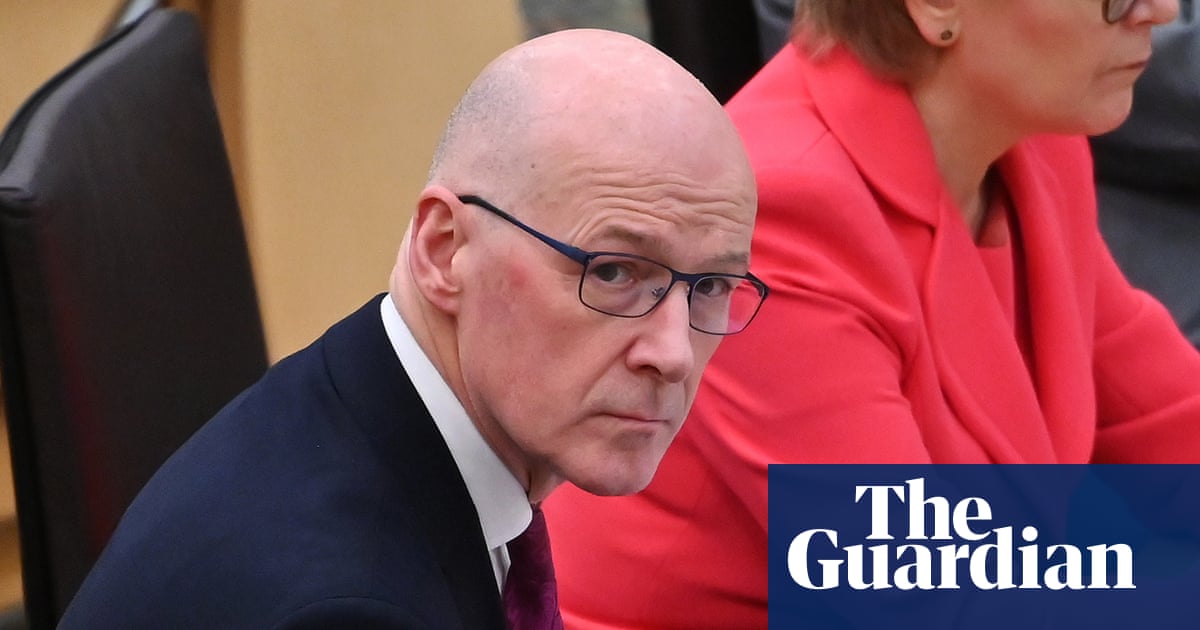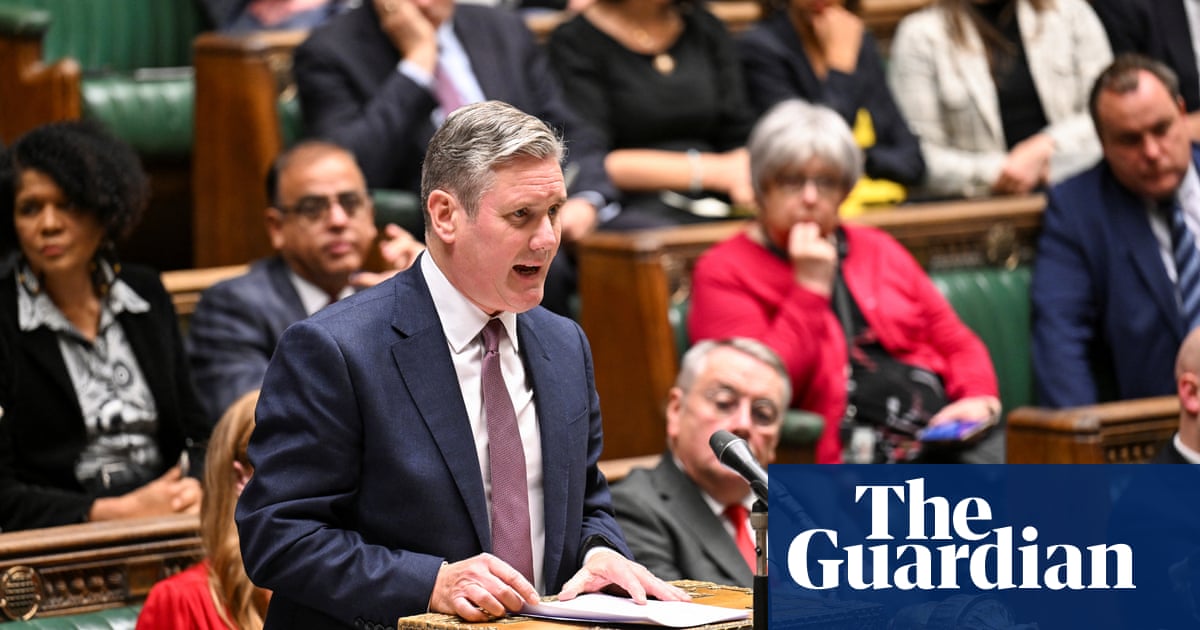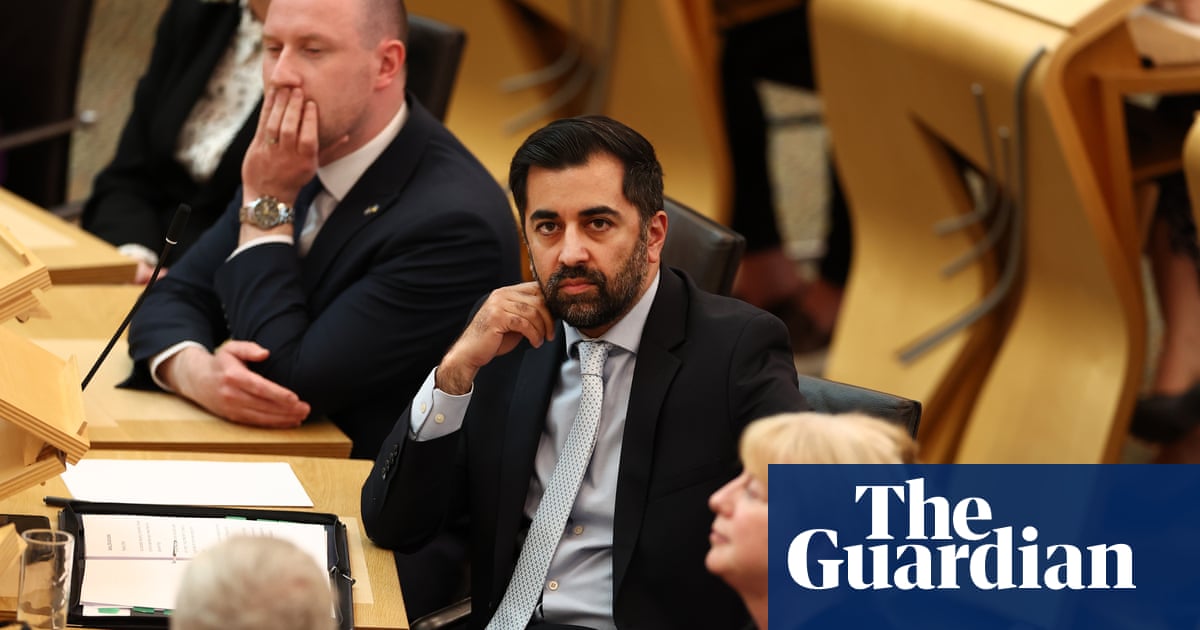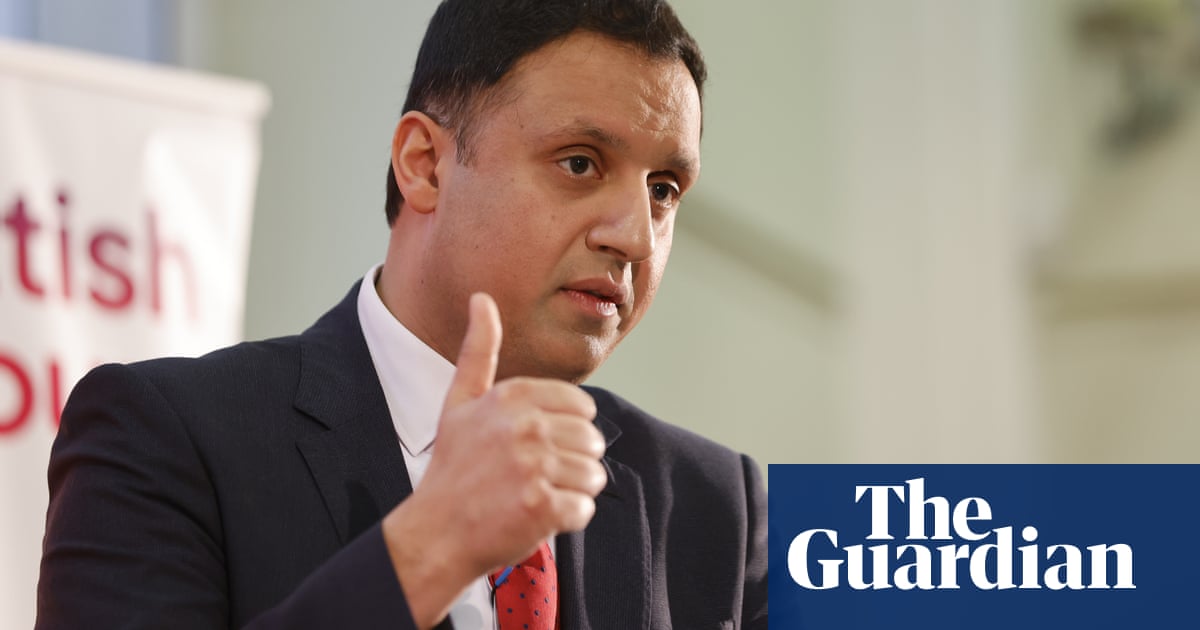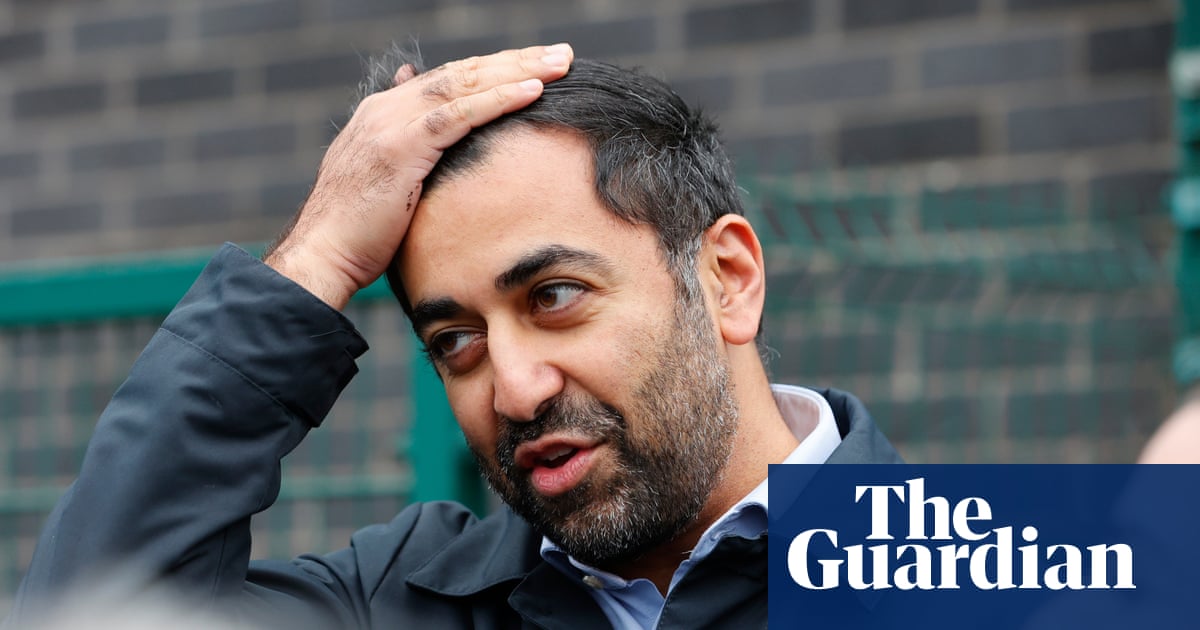
Humza Yousaf is facing demands for a rethink of his independence plans after Labour’s “seismic” byelection victory in Rutherglen and Hamilton West threatened dozens of SNP seats.
The first minister admitted his party had endured a “tough night” after Labour’s Michael Shanks comprehensively defeated the Scottish National party by winning nearly 59% of the vote, in a victory that far exceeded expectations.
It led to private and public calls from within the SNP on Friday for Yousaf to rethink his controversial proposal that winning the majority of seats at the next general election would be a mandate to open negotiations on Scottish independence with Westminster.
His critics said the byelection result, in which the SNP’s support fell by 15,000 votes compared with the 2019 general election, was clear evidence voters were far more concerned with the cost of living crisis.
Yousaf said “the buck does absolutely stop with me” but denied he had to dramatically change his independence strategy. “We have to talk about what independence means to people in their everyday lives,” he added – but conceded the party’s message on the economic crisis had to be “crisper and clearer”.
One senior MP disputed that. “The worst lesson to take from Rutherglen is that we need to push independence harder,” they said. “The party needs to get real and get back into listening mode.”
Keir Starmer, the UK Labour leader, told jubilant party activists that they “blew the doors off” in the campaign, achieving a 20% swing in a seat seen as a bellwether for Labour’s general election chances in Scotland.
Coming on the eve of Labour’s annual conference in Liverpool, the margin of victory was so great the Conservative and Liberal Democrat candidates lost their deposits, while the SNP’s vote share fell by nearly 17 percentage points after 16 years of SNP electoral dominance.
Labour strategists said this result showed that 28 Scottish Westminster constituencies were within the party’s grasp. A very significant majority of those seats are held by SNP MPs.
Anas Sarwar, the Scottish Labour leader, told BBC Breakfast on Friday morning his party was “targeting significant gains” at the next general election. “I’m very clear that Scotland will lead the way in delivering a UK-wide Labour government,” he said.
“What you’ve seen happen in Scotland overnight is people move away and reject the politics of division, of chaos and incompetence, and instead express a desire for the fresh start, express a desire for change. They can now see that Scottish Labour is the vehicle for that change.”
Starmer said it was “a seismic result”. He said: “I have always said that winning back the trust of people in Scotland is essential. Tonight’s victory is the culmination of three and a half years of hard work and humility on that journey.”
Yousaf said the scale of the rout was largely due to the justified anger of voters towards Margaret Ferrier, the former SNP MP who “recklessly” travelled to London and visited local shops while suspecting she was ill with Covid, and the wholesale switch of Tory voters to Labour. The police investigation into the SNP’s finances had also come up on the doorstep, he said.
“The buck does absolutely stop with me, but I think everybody knows this particular byelection had some very difficult contextual factors around it,” he says. “I can’t get away from the fact that our voters did not come out.”
Stephen Flynn, the SNP’s Westminster leader, said the party needed to carry out an urgent postmortem to investigate why it had lost so comprehensively, and admitted on BBC Radio Scotland that some SNP voters had switched sides in the byelection.
He said the party needed to respond better to the cost of living crisis – the overarching issue in the byelection. “I don’t think you need to do any focus groups to realise that people are skint,” he said.
Those proposals will be the focus of an intensive debate at the SNP’s annual conference, which begins in Aberdeen on 15 October, where supporters of Yousaf’s leadership rival Kate Forbes are expected to step up their efforts to force a change of direction and ultimately replace him.
One senior figure said the party had to show ordinary voters it was listening to their concerns. There were anxieties, he said, that the SNP was out of touch and being distracted by hardcore yes activists.
Another pointed to an amendment, backed by prominent MPs including Tommy Sheppard, Alyn Smith and Philippa Whitford, that the next election should be fought on a gradualist platform of further devolution of powers on employment rights, green energy and migration. That would demonstrate a more practical link between Holyrood’s cost of living policies and the case for independence.
Alex Salmond, a former SNP leader widely seen as an adviser to the rival faction, said Yousaf had “days to save his first ministership”. The SNP had fought an “incompetent campaign”, Salmond said. “I see that Humza says it’s disappointing; well, I don’t think that quite gets the enormity of what he’s facing,” he added.
This was the first Scottish election in which new voter identification rules for Westminster elections were in force, and South Lanarkshire council confirmed there were isolated incidents where voters failed to bring any ID or the correct ID.
Those are being investigated on behalf of the Electoral Commission. In many cases the voters returned with the correct documents, officials said. All the main parties had flagged the new voter ID regulations with voters, to avoid mass refusals at polling stations.
In a clear indication of activists’ anxieties about the independence question, Marcus Carslaw, vice convener of the SNP’s Glasgow Kelvin branch and a staff member for one SNP MP, posted on X, formerly Twitter, that the SNP should be “humbled” by the byelection result and “hit pause” on the push for a fresh referendum.
“Serious consideration should be given to whether the leadership’s motion on independence is viable,” he said.




